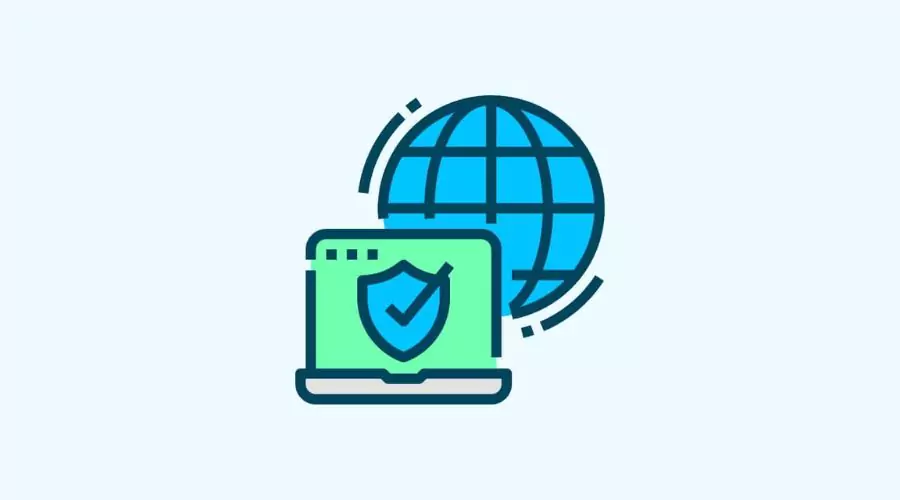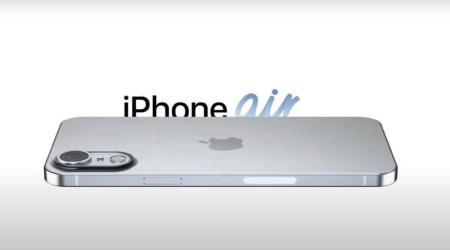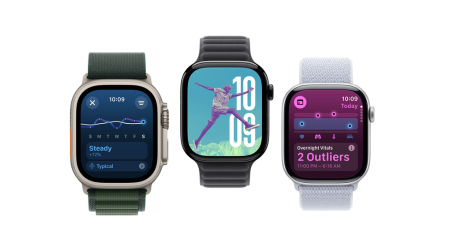Unrestricted internet is essential in the digital age. However, governments, educational institutions, and businesses routinely block or censor websites for numerous reasons. Censorship can restrict your access to materials and online networks, limiting your learning and expression. VPNs are a reliable way to overcome these restrictions and access the internet without restrictions. You can easily unblock websites with VPN and even improve your connection security with a reliable VPN.
Why Do You Need To Unblock Websites with VPN?
Access to specific websites, such as Google in some areas, may be limited depending on your geographical location. It’s similar to adhering to the regulations of the nation you’re currently in, even on the internet. Your device’s IP address is used to track the same information which is why you need to unblock websites with VPNs.
VPNs are beneficial in this scenario. They reroute your internet data through a distant server, similar to a concealed tunnel. It creates the impression that you are browsing the internet from a different location by concealing your IP address with that of the server. If your region restricts access to specific websites, this “virtual relocation” will enable you to still visit them.
Moreover! VPN enhances security by encrypting your internet data flows. It is crucial to be cautious while utilizing public Wi-Fi networks since they may not provide sufficient protection for your information. Thus, you can do more than unblock websites with VPN with one simple service.
What Alternatives To Use With Unblocking Websites With VPN?
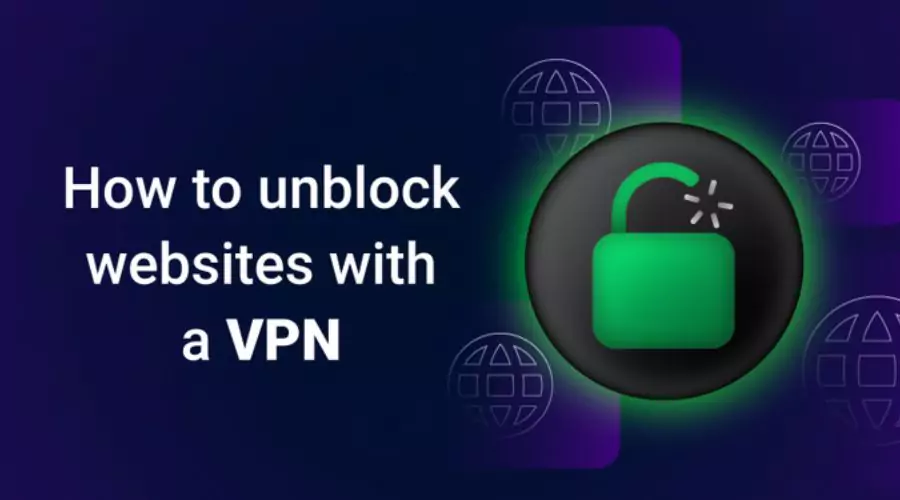
1. Tor Browser: Unlocking Websites with NordVPN
Tor, short for The Onion Router, stands out as an alternative for those seeking to bypass online restrictions. It encrypts your data and changes your IP address, providing a layer of anonymity. However, Tor comes with its downsides. It can be complex to use and configure, and users may experience a significant reduction in internet speeds. Additionally, the uncertainty surrounding the ownership of the exit node raises security concerns.
Pros:
- Encrypts data and changes IP address.
- Anonymizes your online activities.
Cons:
- Can be challenging to use and configure.
- May noticeably slow down internet speeds.
- Uncertain exit node ownership.
2. Proxies: An Alternative, but Not Ideal
Proxies function in a manner akin to VPNs, redirecting your data through another server, so enabling you to reach restricted material. Nevertheless, proxies do not possess the comprehensive security features and encryption that VPNs offer. Although they can serve as a substitute, they may lack the same level of security or user-friendliness. If you want to secure your connection as well, it would be better to unblock websites with VPNs.
Pros:
- Can unblock content by routing data through a proxy server.
Cons:
- Lacks encryption and other security features.
- Not as secure or convenient as VPNs.
3. Web-based Proxies- Accessible but not reliable
Web-based proxies use their servers to let users access websites indirectly. These intermediaries connect your device to the website you want. Since the target website sees the request as coming from the proxy server’s IP address, this indirect method may let you bypass censorship or geo-blocking. Given the difficulty of confirming web-based proxies’ integrity and intents, vigilance is advised. For evading website restrictions while protecting your privacy and security, it is recommended to unblock websites with VPNs.
Pros
- Available on any web browser without software.
- Can evade network administrator or government website filtering.
- Several web-based proxies include encryption, ad-blocking, and URL obfuscation.
Cons
- Some proxies are overcrowded, sluggish, or have frequent downtimes, affecting reliability.
- Web proxies may track user data, insert adverts or malware, or monitor browsing activities, making security an issue.
- Routing through the proxy server slows performance.
- Proxy access may break several websites and apps.
4. Smart DNS Services- Accessible, But Not On All
Smart DNS providers reroute DNS requests through their servers to make the website appear to be from a different location. VPNs can avoid geographical content restrictions, however some websites may not work with them.
Pros-
- Allows geographic bypass and access to prohibited material.
- It may be faster than a VPN because it does not encrypt all internet data.
- Compatible with many devices, including smart TVs and game consoles.
Cons
- Not as secure and private as a VPN.
- May not work for websites or services with further restrictions.
- Compared to a full VPN, functionality is limited.
- Manual configuration is required for each device or network.
5. Site Translation Services- Works, But Could Give Erratic Translation
Certain websites provide translation services that can circumvent limitations by displaying the material in a different language. Nevertheless, this approach may not be effective for every website and has the potential to provide imprecise translations.
Pros
- Can deliver content in a different language to avoid geographical limits
- No further software or settings are needed
Cons
- Limited since not all websites or content can be translated
- Provides no additional security or privacy
- May not work for websites with restrictions beyond language and location
Verdict- Should You Unblock Websites With VPNs?
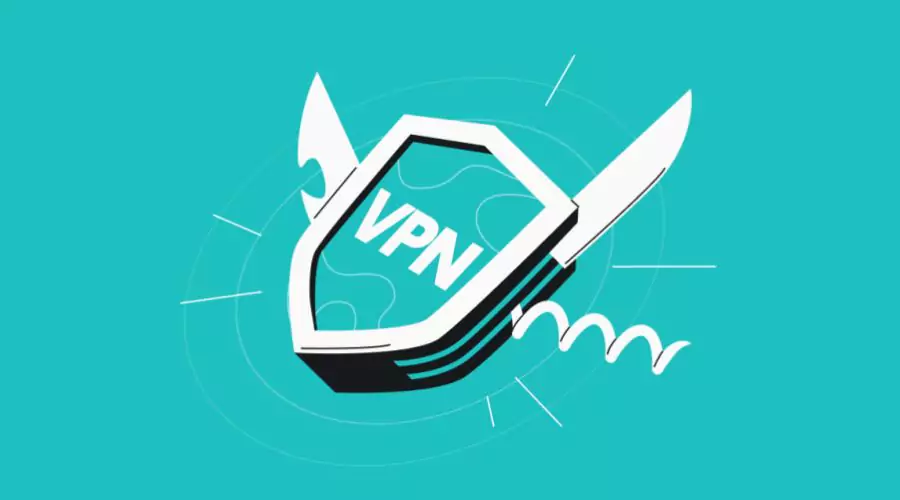
It’s for anybody who wants unfettered access to internet information while emphasizing security and privacy owing to their many benefits and few negatives.
VPNs overcome geographical constraints and encrypt data streams, protecting privacy, especially on public Wi-Fi networks. By adding this layer of protection, unprotected connections pose fewer risks, improving internet safety.
Tor browsers, proxies, web-based proxies, Smart DNS services, and site translation services are accessible, but they lack VPNs’ encryption and security. Tor enables anonymity but may frustrate users and pose security issues.
Proxy and web-based proxies can bypass content restrictions, however they may not be secure or reliable. This may expose users to privacy breaches or viruses. Smart DNS services are useful for some devices, but they may not offer the same encryption and anonymity as VPNs.
Website translation services offer a solution for some constraints, but their capacity is restricted and their translations may be inaccurate, making them unreliable for continuous access.
Check NordVPN for more information.
Conclusion
You can easily unblock websites with VPNs to freely access information that is otherwise restricted to you. Using a reliable VPN service like NordVPN lets you bypass censorship and geographical restrictions, ensuring your online privacy. It also allows overseas tourists, students looking for course materials and internet users to browse the web without restrictions. With a reliable VPN, unleash unlimited internet access and endless possibilities. Check NordVPN for more information!
For more information on how to unblock websites with VPNs and internet security and hacks, visit Findwyse.




